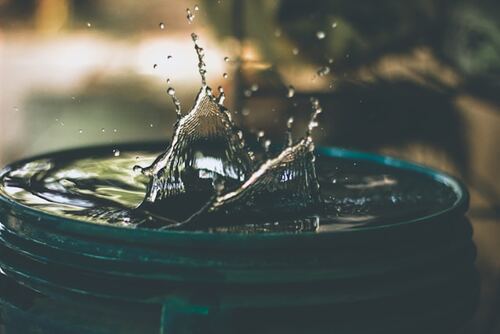When choosing water purification products, it’s crucial to understand your source first. Different sources, such as healthy, municipal, or surface water, contain varying contaminants. For instance, municipal water usually contains chlorine and its byproducts, while well water frequently has large concentrations of minerals like calcium and magnesium, producing hard water. Surface water could be contaminated with organic material and microorganisms. Identifying your source helps determine the specific treatment needed to address the contaminants present effectively.
Identifying Contaminants
The next step in selecting the right water treatment product is identifying the contaminants in your water. Common pollutants include bacteria, viruses, heavy metals, pesticides, and nitrates. You can get a quality report from your local water provider or an independent test. Understanding the specific contaminants allows you to choose a product that targets those issues directly. For example, if your water contains high lead levels, you need a product designed to remove heavy metals.
Considering Treatment Technology
Various technologies are available for purification, each suitable for different contaminants. Some standard technologies include activated carbon filters, reverse osmosis systems, UV purifiers, and ion exchange systems. Activated carbon filters eliminate pesticides, organic chemicals, and chlorine. Reverse osmosis systems effectively remove many contaminants, including heavy metals and salts. UV purifiers are ideal for disinfecting water by killing bacteria and viruses. Ion exchange systems typically soften it by removing minerals like calcium and magnesium. By weighing the benefits and drawbacks of each technology, you may choose the one that most closely matches your unique needs.
System Size and Capacity
It’s also crucial to consider the size and capacity of the purification system. The capacity should match your household’s usage to ensure efficient and continuous supply. Small-capacity systems might be suitable for individual use or small households, while larger systems are necessary for bigger families or commercial purposes. Additionally, consider the space available for installing the system. Some systems require significant under-sink space or even a dedicated area for larger units like whole-house filtration systems.
Maintenance and Operational Costs
Maintenance and operational costs are critical when selecting a purification product. Specific systems have ongoing maintenance requirements, such as regular filter replacements or expert servicing, which raises the total cost of ownership. It’s essential to understand the maintenance requirements and associated costs before deciding. Because they require less maintenance over time, systems with higher starting costs may be more cost-effective overall. Conversely, cheaper systems may have higher operational costs due to frequent replacements and servicing.
Certification and Standards
Ensure that the products you are considering are certified by recognised bodies. Certifications make sure that the product meets specific standards for safety and performance. Certified products have undergone rigorous testing to verify their efficacy in removing contaminants. This assurance is crucial for guaranteeing that your chosen system provides safe and clean water for your household.
Installation and User-Friendliness
Finally, the system’s ease of installation and user-friendliness should be considered. Some systems require professional installation, while others are designed for easy DIY setup. User-friendly systems with clear instructions and minimal setup requirements are ideal for most homeowners. Additionally, consider systems with intuitive controls and accessible maintenance features, such as quick-change filters. A user-friendly system ensures you can manage and maintain the system effectively, providing continuous access to clean water.
Water treatment is critically important for ensuring the safety and health of individuals and communities. Untreated or improperly treated water can harbour various contaminants, including bacteria, viruses, heavy metals, and chemical pollutants, which pose significant health risks. Access to clean, safe drinking water prevents diseases and maintains overall health.
